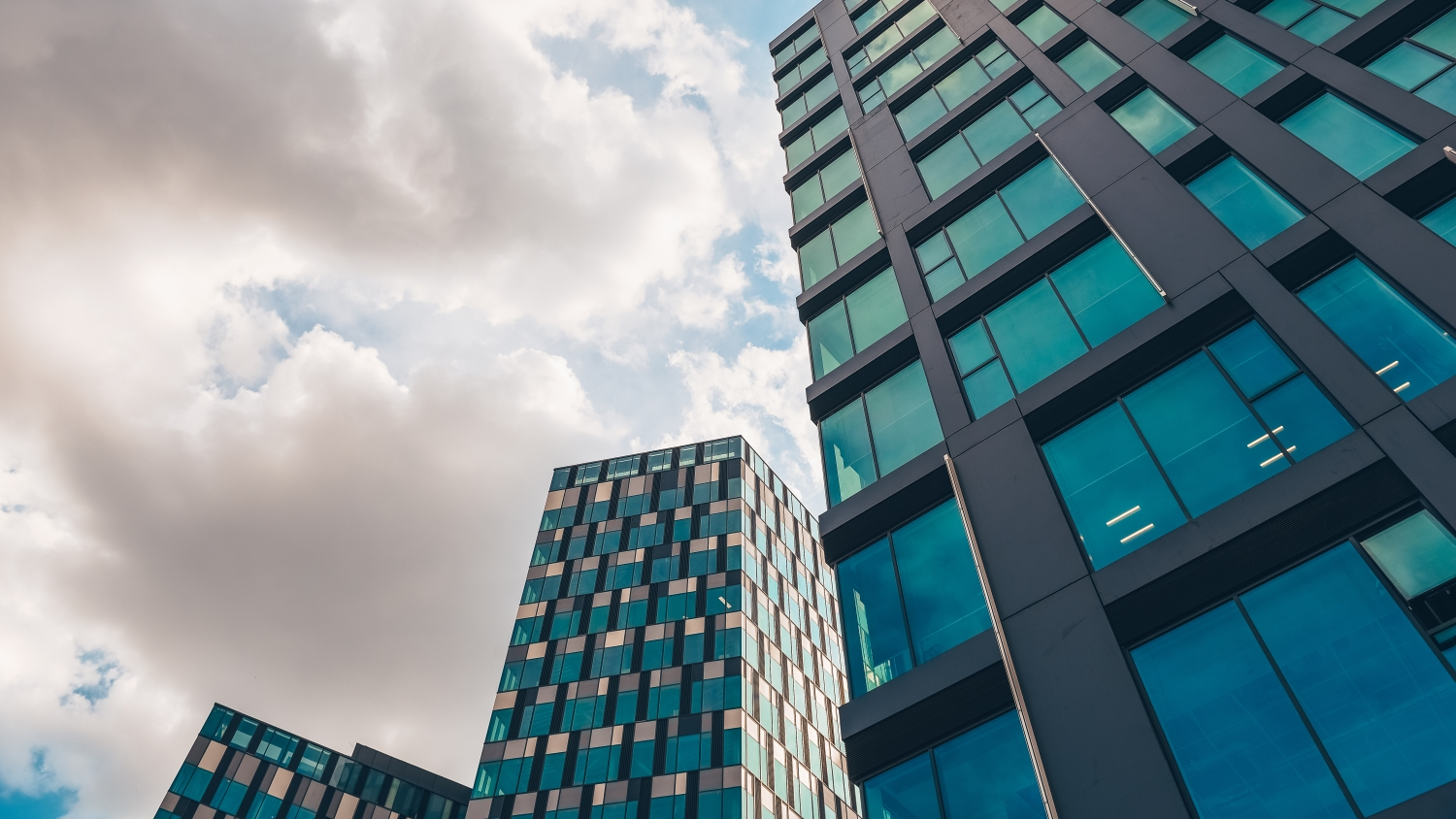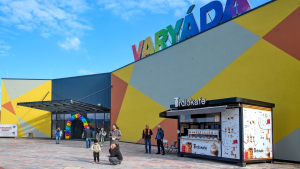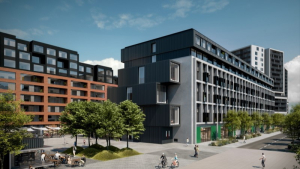
Everyday personal and professional life have both been impacted by the COVID-19 pandemic in a radical and unexpected way, and the general opinion is that its influence and effects will have repercussions on how people live and work, even after the medical situation will be stabilized. Cushman & Wakefield Echinox and Dentons are launching a debate over 10 issues that will impact the entire office sector in Romania, covering over 350 modern buildings with a total surface of more than 4 million square meters and approximately 400,000 employees working in some of the largest companies, emblematic for the national economy.
Several factors will determine the magnitude of these changes, such as the period of suspended activity for most occupiers, the tenants’ ability to absorb the impact caused by the restricted business, as well as the employees’ daily behaviour changes, that are nowadays mostly testing the work from home schedule.
Given the fact that the professional activity after COVID-19 depends on a number of dynamic factors, still difficult to be evaluated, the consultants of the two top companies will launch a series of topics whose evolution will be carefully analysed in the following period, along with the magnitude of changes in the office sector, in particular, and in the real estate industry, in general.
Here are the 10 topics considered essential for the future evolution of the office sector:
- What will be the return to the office after COVID-19? Will the employers perceive the work from home as an opportunity, or, on the contrary, they will try to return to the business model from before the crisis? Depending on the answer to this question, most companies will guide their decision to implement the work from home scheme on a smaller or larger scale, with a direct impact on the rented office areas.
- What measures could be implemented in the future leasing contracts to prevent the negative effects of a possible new event like COVID-19? Will we see greater flexibility of all parties involved in the negotiation of essential clauses, such as the duration of contracts, rent or the possibility to renegotiate the terms in a similar situation? Will the parties be open to insert clauses that allow them to bear the mutual risks, should a similar major event occur? Will the parties pay more attention to certain contract terms, such as major force, unforeseen circumstances, major changes in circumstances? How will banks and investors adapt to a possible shortage of the average contract duration?
- How big will be the impact of COVID-19 on the leasing transactions volume? Will we see a strong relaunch of the market or, on the contrary, a period of investment reluctance? Will tourism or HoReCa businesses start investing at the end of this crisis or, on the contrary, will they consider limiting the investments, by adopting measures such as the limitation or discharge of leased spaces?
- How big will the impact be on the office pipeline? In addition to the on-site medical security problems, developers may also face lower demands from tenants. How will all the companies part of this chain - entrepreneurs, subcontractors, material suppliers, etc. - absorb a possible drop in activity or a possible blockage?
- How will the activity of property managers change? Will there be taken additional cleaning/disinfection/sanitary safety – air filters measures? Will these measures influence the service charge? What role will the community manager have in the next period? Will the "must-have" list of services include the hygiene and disinfection components, with their cost included in the service charge?
- How will the layout of office space be affected? Will the open space component be reduced and will compact individual offices be preferred, to reduce the fear of contamination? Will the density in open space continue its growing trend, or, on the contrary, will rules of maximum accepted density be imposed, so that the occupants do not stay close one to each other? Will kitchens be expanded to allow more employees to have lunch at the office or will the employees be encouraged to have lunch individually, outside of the office? Will meeting rooms be reduced in size and equipped with more performant video conference equipment? Is it still a major advantage to offer the most generous floor plate? Will the authorities be more flexible in issuing and adapting building permits for space planning? According to the new regulations, if the social distancing becomes a "must," will the authorities allow the tenants/landlords to modify the space planning in a short time without going through the entire authorization process, which currently lasts 3 months, in an optimistic scenario?
- How will the offer of services (restaurants, for example) be reconfigured at the office buildings’ ground floor? Will the restaurants have to reconfigure their space to reduce the dining area and expand their kitchens to meet an increasing number of online orders for delivery, or will they keep the same layout?
- How big will the impact be on the coworking industry? These spaces offer the most flexibility, but they are also the most vulnerable in such a situation, taking into account the short period and unilateral termination of contracts.
- Will tenants opt for more flexible working and communication solutions, such as laptops and tablets, if there will be a higher pressure on mobility?
- Will there be additional pressure for the number of parking spaces provided by office buildings, given that some employees could avoid, at least temporarily, the means of public transportation, in order to protect their health?
All these topics will be analyzed by the consultants of the two companies, together with other invited specialists, in a series of discussions that will be announced soon.



